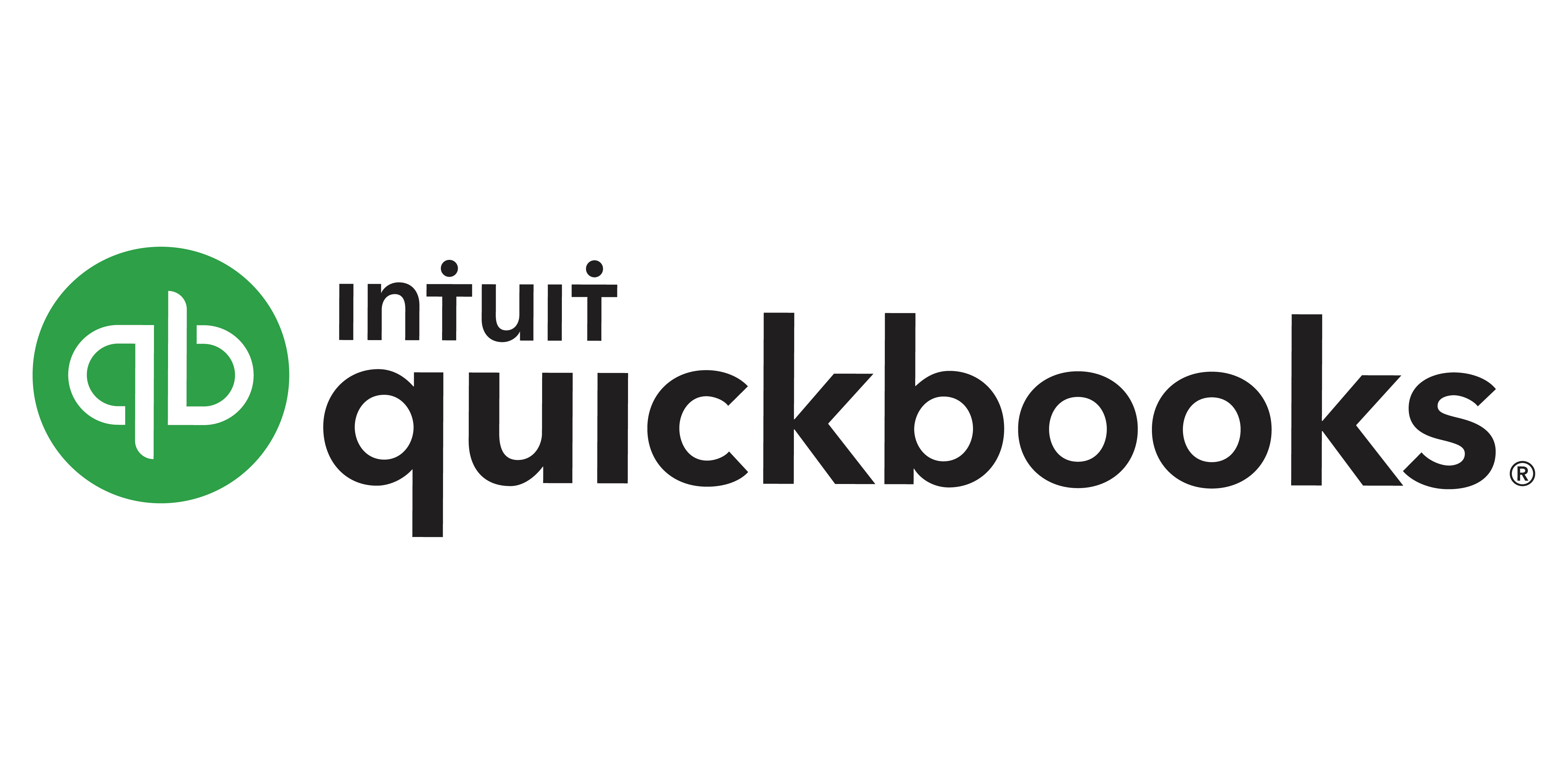What Is App Development Software?
App development software is a collection of tools and technologies that help developers create and manage mobile applications. These applications help with every stage of the app development process, from conception and design to testing and deployment. They provide a platform for developers to write, edit, and debug code, as well as manage the app's whole lifetime.
One of the primary benefits of employing app development software is its ability to simplify the development process. These tools include pre-built templates, drag-and-drop interfaces, and code libraries, which may dramatically shorten the time and effort necessary to build an app from scratch. This eventually leads to speedier development cycles and shorter time to market.
App development software also enables team collaboration, making it simpler to collaborate on projects with numerous developers. These platforms frequently include version control systems, real-time updates, and project management tools to facilitate seamless and effective cooperation. In addition, app development software has support for a variety of platforms and devices, including iOS, Android, and web apps.
This reduces the need for developers to learn several programming languages and frameworks, saving time and money. Furthermore, many app development tools includes capabilities such as automated testing, crash analytics, and performance monitoring to assist developers in identifying and resolving problems or issues in their applications. This not only enhances the app's overall quality, but also contributes to a more seamless user experience.
When selecting the best app development software, consider the platform and devices supported, affordability, convenience of use, and customer service. It is also important to consider software scalability, as your program may require upgrades and new features in the future. Overall, app development software is a sound investment for developers who want to produce high-quality, functional, and user-friendly mobile applications. With its numerous functions and benefits, it is an essential tool for every app development project.
What Are the Recent Trends in App Development Software?
App development software is continually improving in response to the industry's shifting demands. In recent years, there have been numerous significant changes in app development software that customers should be aware of. These trends show the increased desire for software solutions that are easy to use, efficient, and creative.
We will talk about the most recent developments in app development software and how they may help your business.
1) Low-Code/No-Code Development: Platforms for developing apps with little or no code have been increasingly popular in recent years. These platforms enable users to construct functioning apps with no coding skills, lowering the demand for highly qualified developers. This trend is great for small and medium-sized enterprises searching for a low-cost and efficient approach to create bespoke apps.
2) Cloud-Based Development: The usage of cloud technologies in app development has grown more common in recent years. Cloud-based development software reduces the need for developers to create and manage their own development environment, making the development process more streamlined and efficient. It also facilitates cooperation and accessibility, since developers may work on the same project from several places.
3) Artificial Intelligence (AI) and Machine Learning (ML): The incorporation of AI and ML into application development has transformed the business. These technologies allow applications to learn from user data and deliver more tailored experiences. Developers may also employ AI and machine learning to automate operations, saving time and money. The implementation of these technologies has also resulted in the development of more intelligent apps capable of providing real-time insights and solutions.
4) Cross-Platform Development: As the number of devices and operating systems has grown, app developers must now create for several platforms. This trend enables the production of programs that work seamlessly across many platforms, decreasing development time and expenses. Developers may now accomplish cross-platform compatibility using a variety of tools and frameworks, making it a popular trend in the app development industry.
5) Internet of Things (IoT) Integration: IoT has been a trendy issue in recent years, and incorporating it into app development is getting more common. IoT allows apps to connect and communicate with a variety of devices, offering consumers with a seamless experience. This development has created a whole new universe of opportunities for app developers, particularly in fields like healthcare, transportation, and home automation.
Benefits of Using App Development Software
App development software has emerged as a vital tool for both enterprises and developers. In today's digital environment, having a mobile app for your business is critical to reaching a larger audience and enhancing consumer interaction. However, people without coding experience may find it difficult to create a high-quality and effective software. This is where application development software comes in. Below, we will go over the multiple advantages of using app development software and how it may assist you in your app production journey.
1) User-Friendly Interface: One of the primary benefits of employing app development software is the user-friendly interface. Its drag-and-drop capability allows even individuals with no technical understanding to simply construct an app. This makes the entire procedure smooth and hassle-free, saving you time and effort.
2) Customization Options: App creation software provides extensive customization choices, allowing you to design a one-of-a-kind and bespoke app for your business. You may customize your app with a variety of themes, color schemes, fonts, and layouts to make it unique and represent your brand's personality.
3) Cost-effective: Previously, building an app required a significant expenditure in hiring developers and designers. App development software eliminates this requirement, making it a cost-effective choice for enterprises wishing to create an app without breaking the bank.
4) Speed and Efficiency: App development software makes the app production process easier, allowing you to save time and deploy your app faster. With its pre-built codes and templates, you may skip the coding part and concentrate on creating and personalizing your app.
5) Real-time: Preview Most app development tools offers a real-time preview of your app as you construct it. This allows you to observe any changes made right away and make any required modifications, ensuring that the app building process runs smoothly and without errors.
6) Cross-Platform: Support With the growing popularity of different platforms like Android and iOS, having a cross-platform software is vital. App creation software enables you to design apps that are cross-platform compatible, reducing the need to create individual programs for each platform.
7) Tech Support: If you run into any problems when building your app, most app development software provides technical assistance to help you get through it. This provides a seamless experience and the ability to quickly handle any technical concerns.
Important Factors to Consider While Purchasing App Development Software?
When it comes to choosing app development software, there are numerous key elements to consider in order to make the best option for your company or project. While there are many alternatives available, not every app development software is made equal. To guarantee that you're making the appropriate decision,
Here are some important things to bear in mind:
1. Platform compatibility: The first thing to evaluate is if the program is compatible with your target systems. Whether you're working for iOS, Android, Windows, or all of the above, be sure the program supports the platforms you want.
2. Features And Functionality: Each app development software has unique features and functionalities. Consider your individual requirements and select software that provides the tools and skills you need.
3. User-friendliness: If you or your team members are not coding specialists, you should purchase software with an easy-to-use interface. This will make the development process simpler and more efficient, especially for people with less technical expertise.
4. Scalability: As your program develops and matures, you may need to add new features or provide updates. It is critical to select software that can expand and support these changes without generating significant problems or necessitating a total rebuild.
5. Cost: The cost of app development software can vary substantially, therefore it is critical to establish a budget and select software that falls within it. Remember that more costly does not always imply better, so consider the features and offerings of each software before making a selection based only on cost.
6. Customer Support: It is critical to have access to dependable and fast customer assistance while utilizing any form of software. Examine the customer service choices provided by each program and select one that offers the amount of help you will require during the development process.
7. Reviews And Ratings: Before making a purchase, conduct extensive research and read reviews from previous customers. This can help you better grasp the software's performance, simplicity of use, and client happiness. By taking these aspects into account, you can make an informed selection about app development software and ensure the success of your project. Keep in mind that each organization or project is unique, therefore it is critical to thoroughly examine your requirements and select software that best meets them.
What Are the Key Features to Look for in App Development Software?
When it comes to selecting the best app development software for your business, there are a few crucial things to look for to guarantee you get the most out of your investment.
These characteristics are critical to a successful and effective app development process.
1. Multi-Platform Support: Good app development tools should be compatible with iOS, Android, and the web. This helps you to reach a larger audience while also ensuring that your software is available to all users, regardless of device preference.
2. User-friendly Interface: Look for software with an easy-to-use interface, drag-and-drop capabilities, and configurable templates. This will make app creation easier and more efficient, especially for individuals with less coding experience.
3. Cross-Platform Compatibility: Ensure that the software you chose allows you to create apps that work with a variety of devices and screen sizes. This will provide a smooth user experience while avoiding any technical concerns.
4. Third-Party Integrations: A successful app development software should be easy to integrate with third-party tools and services like analytics, payment gateways, and social networking platforms. This enables a more robust and feature-rich application.
5. Offline Capabilities: Determine whether the program has offline capabilities or requires a continual internet connection. Offline functionality may significantly improve the user experience and engagement with your software.
6. Collaboration And Team Management: If you are working with a team of developers, you must select software that facilitates collaboration and team management. This includes tools like real-time editing, version control, and work assignment.
7. Security Features: Security is a big worry in today's digital world, so select software with strong security features to secure your app and its users' data.
8. Customer Support: Ensure that the program you chose provides dependable customer help in the event of any technical difficulties or concerns. Look for features like live chat, phone assistance, and extensive documentation.
9. Pricing And Scalability: Think about your budget and the scalability possibilities provided by the program. Choose one that is within your budget and can support the expansion of your app and business.
10. Reviews and Ratings: Finally, conduct research by reading reviews and ratings from other users. This will improve your grasp of the software's strengths and drawbacks, allowing you to make an educated selection.
Why Do Businesses Need App Development Software?
As technology advances, organizations have realized the need of mobile applications in their operations. Apps have become essential for being competitive in today's industry, from improving consumer interaction to easing internal procedures. However, creating a high-quality software may be a difficult and complicated undertaking. Here's where app development software comes in.
App creation software is intended to ease the app development process, allowing organizations to create their own personalized apps without substantial coding experience. It has a user-friendly interface that allows even non-technical people to create and build mobile apps that match their individual requirements. The program also includes a number of templates, tools, and connectors to make app creation more productive and cost-effective.
One of the primary reasons organizations want app development software is to remain relevant and accessible in a mobile-first environment. As smartphone usage grows, customers expect businesses to provide a mobile app for better and faster access to their products or services. Businesses that have a well-designed and user-friendly app may improve their brand image and provide a smooth consumer experience.
Furthermore, app development software enables businesses to stay ahead of the competition by constantly upgrading and developing their app in response to user input and industry developments. This dynamic approach to app development guarantees that the app is always current and matches the changing demands of clients. Furthermore, app development software includes tools like data analytics, which provide useful insights into app usage and user behavior.
This data enables organizations to make data-driven choices and find opportunities for development, resulting in a more effective and successful app. Furthermore, having an app for their business helps them to access a wider audience, both locally and internationally. Businesses may quickly design a multi-platform app that works on a variety of devices and operating systems, increasing their reach and potential consumer base.
How Much Time Is Required to Implement App Development Software?
The time required to deploy app development software depends on various aspects, including the app's complexity, the developer's experience and expertise, and the exact features and functions necessary. App development might take anywhere from a few weeks to many months.
The initial stage in deploying app development software is to plan and design the app's features and functions. This can take anything from a few days to a number of weeks, depending on the app's complexity. Once the design is complete, the development phase begins. During the development process, the time required varies substantially depending on the app's size and complexity.
Simple apps with simple functionality may take a few weeks to design, but more complicated apps with extensive features and integrations may require many months. Aside from the development process, additional stages that take time include testing, debugging, and making required adjustments. These procedures are critical to ensuring that the app is of high quality and fulfills the expected criteria.
Furthermore, the time necessary for execution is determined by the available resources and the project team. Having a committed team and resources may greatly accelerate the implementation process.
What Is the Level of Customization Available in App Development Software?
When purchasing app development software, consumers should evaluate the degree of customisation provided. This capability enables developers to construct one-of-a-kind, tailored apps to meet their individual requirements.
The extent of customization varies based on the software, however here are some common considerations to consider:
1. User Interface Modification: One of the most common areas for modification is the user interface. This comprises the application's design, layout, and look. Look for software that lets you choose from a range of themes, colors, icons, and other design elements to personalize the appearance of your app.
2. Functionality Customization: Some app creation tools allows you to customize the app's functionality. This implies that you may add or remove features, change settings, and even incorporate third-party technologies to improve your app's functionality.
3. Code-Level Customization: Some software allows expert developers to alter the app's code. This provides greater customization choices, allowing developers to design more complicated and distinctive programs.
4. White-labeling: White-labeling is a feature that enables developers to replace the software's branding with their own. This is perfect for organizations looking to develop branded apps for their clients without mentioning the software source.
5. Platform-Specific Customization: Each platform, including iOS and Android, has its own design and functionality rules. Look for software that enables for platform-specific customisation to provide a seamless and consistent user experience. Overall, the degree of flexibility accessible in app development software will differ, therefore it's critical to conduct thorough research and evaluate several possibilities to discover the greatest fit for your individual requirements. When considering the customization possibilities of each program, consider your budget, technical expertise, and desired features.
Which Industries Can Benefit the Most from App Development Software?
App development software has the potential to transform numerous sectors by providing them with the tools and resources they need to create creative and user-friendly mobile applications. This sort of software can assist industries in general, although some will profit more than others. If you want to invest in app development software,
The following industries stand to profit the most from it:
1. Retail and E-commerce: Mobile applications have become an indispensable aspect of the retail and e-commerce industries, offering users a simple and user-friendly method to explore and purchase. Businesses may use app development tools to effortlessly create tailored and engaging applications that improve their consumers' entire purchasing experience. These applications may also collect vital data and analytics, helping businesses better understand their clients and customize their products accordingly.
2. Healthcare: Mobile applications are increasingly being used in the healthcare profession for anything from appointment scheduling to health and fitness tracking. Healthcare practitioners may employ app development tools to create secure and user-friendly applications that increase patient involvement and expedite operations like appointment booking and medication refills. These applications can also interact with patient information, allowing healthcare practitioners to better follow their patients' health.
3. Education: As online learning platforms and educational apps become more popular in the digital era, education has transitioned to mobile. With app development tools, educational institutions may design interactive apps that improve students' learning experiences while also providing essential resources for teachers. These applications can also let students access study materials, take examinations, and communicate with their professors.
4. Banking and Finance: Mobile banking is becoming increasingly popular, offering users a more convenient and secure method to handle their money. Banks and financial institutions may use app development tools to create bespoke applications that provide a variety of services, such as account management and transaction processing. These applications can also include biometric authentication and multi-factor security features to protect consumers' sensitive information.
5. Hospitality and Travel: App development software can help the hospitality and travel industries provide personalized and easy consumer experiences. Businesses may use this software to develop applications that allow users to book reservations, order room service, and plan their vacation itinerary. These applications may also include reward programs and tailored suggestions, making the whole experience more engaging for customers.
Conclusion
In conclusion, we have looked at the numerous considerations to consider while selecting app development software. From the features and functions to the price and customer support, it is critical to thoroughly assess each choice to choose the greatest match for your individual requirements. We've also addressed how important it is to evaluate your budget, project needs, and team communication capabilities while choosing app development software.
By conducting extensive research and using demos or trials, you can guarantee that you are making an informed selection and investing in software that will help to the success of your app development process. Additionally, it is critical to select software that provides scalability and flexibility to handle future expansion and changes.
Integration with your existing tools and resources, as well as the availability of tutorials and learning materials for the program, are all significant considerations. Finally, the greatest app development software will not only suit your immediate demands but also have the ability to assist you reach your long-term objectives. We hope our buyer's guide provided you with useful information and assisted you in your quest for the best app development software. Happy development!






















